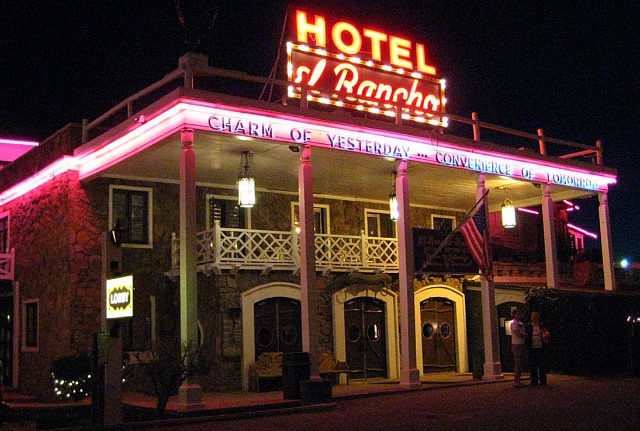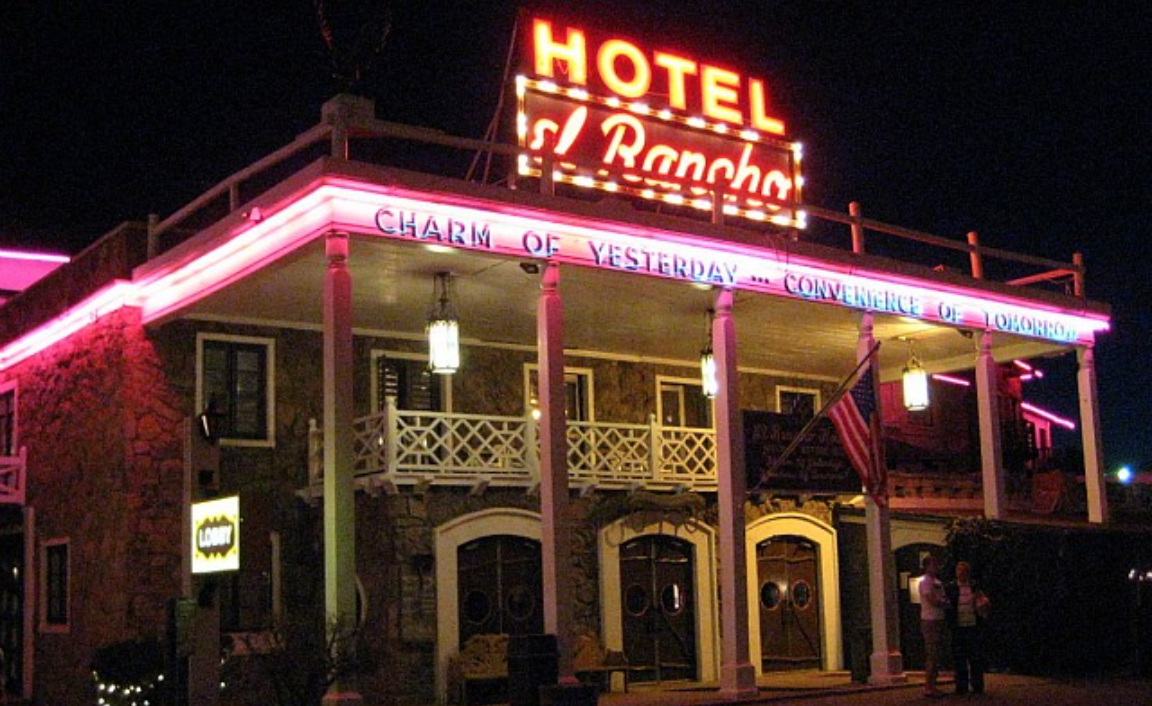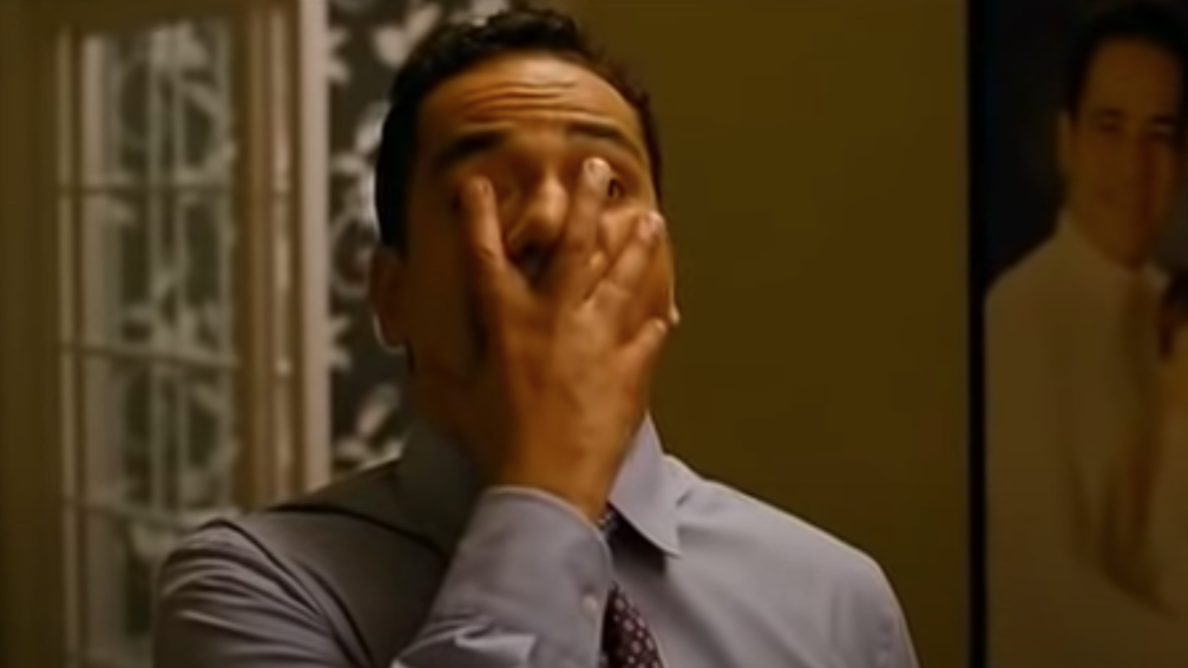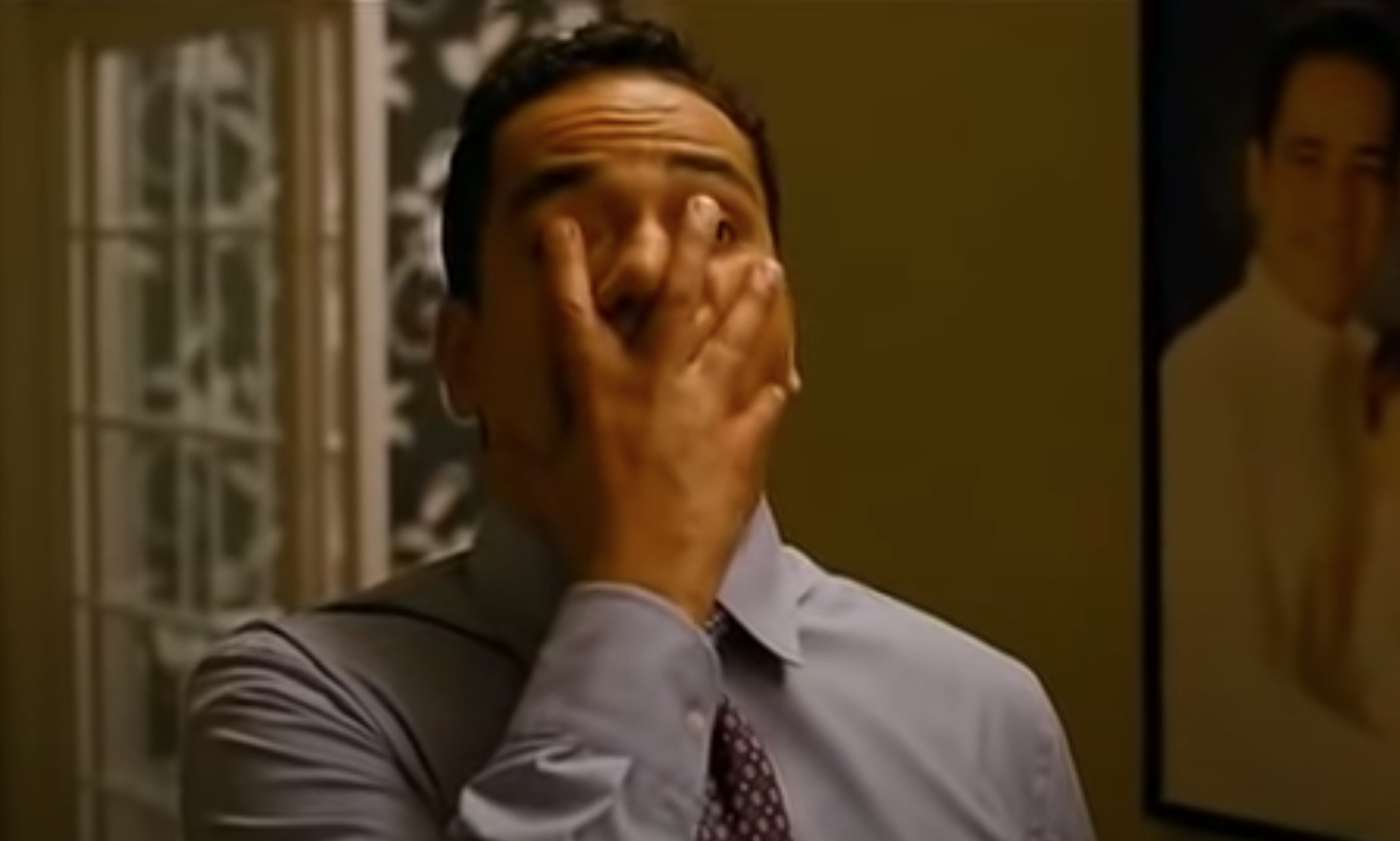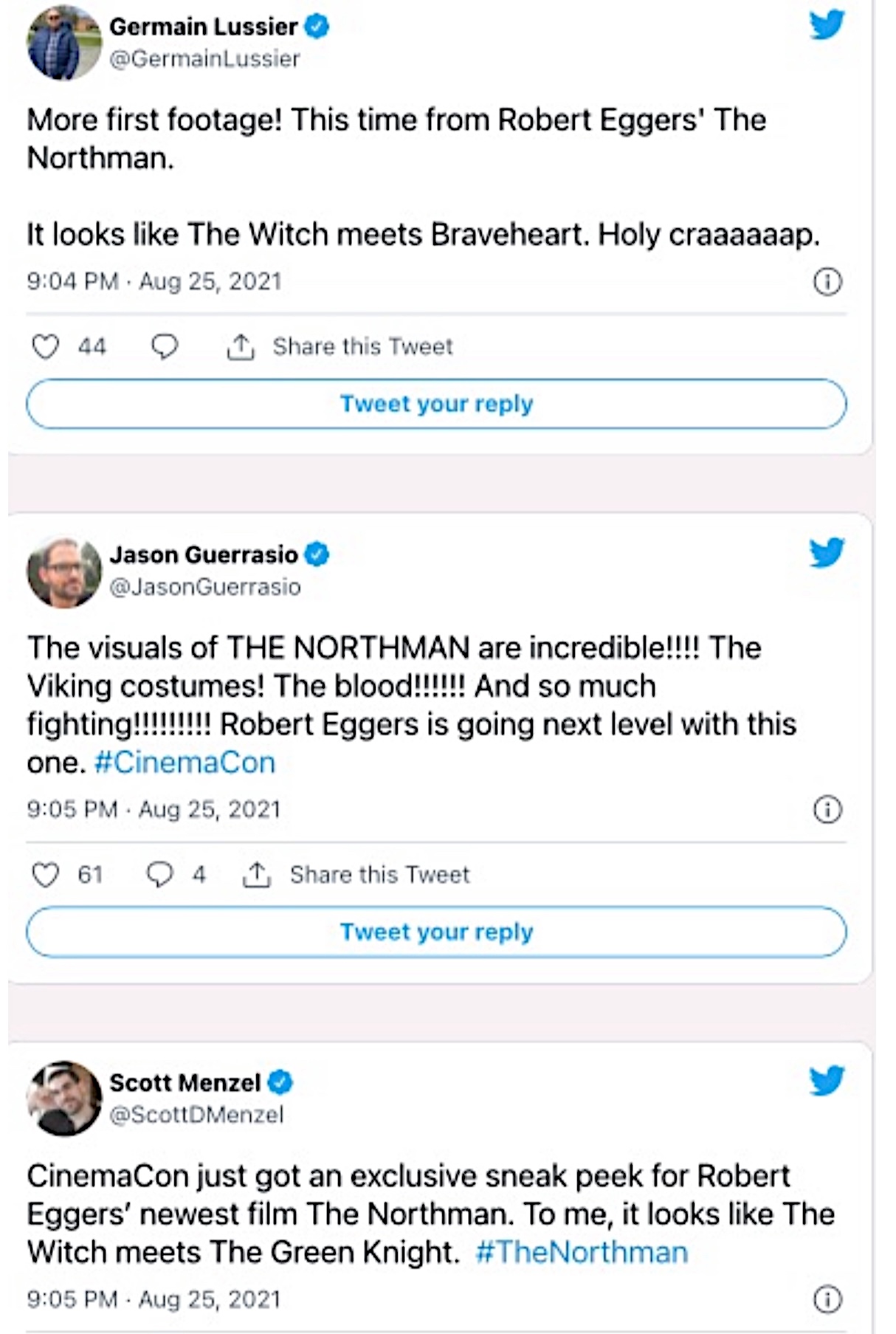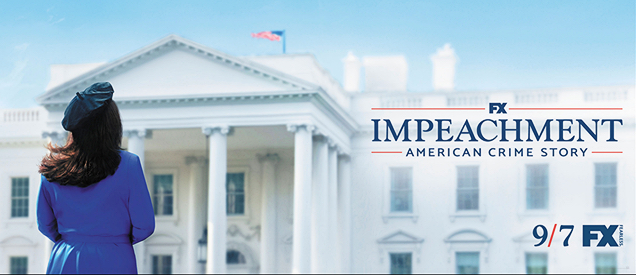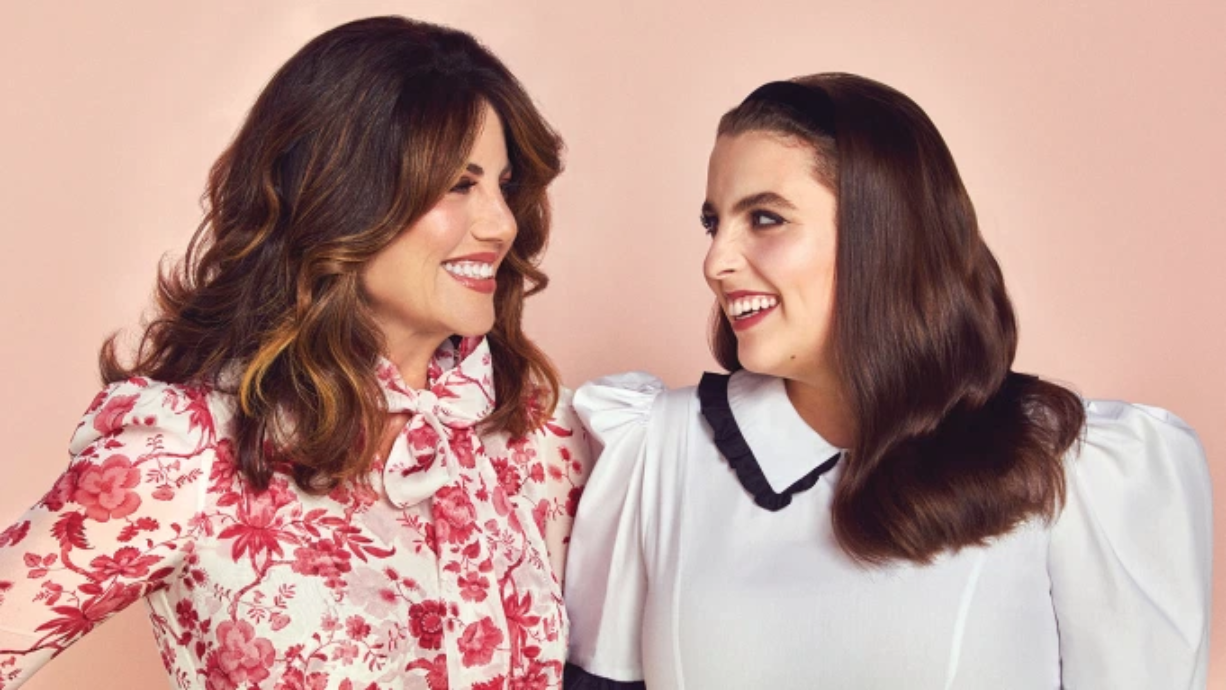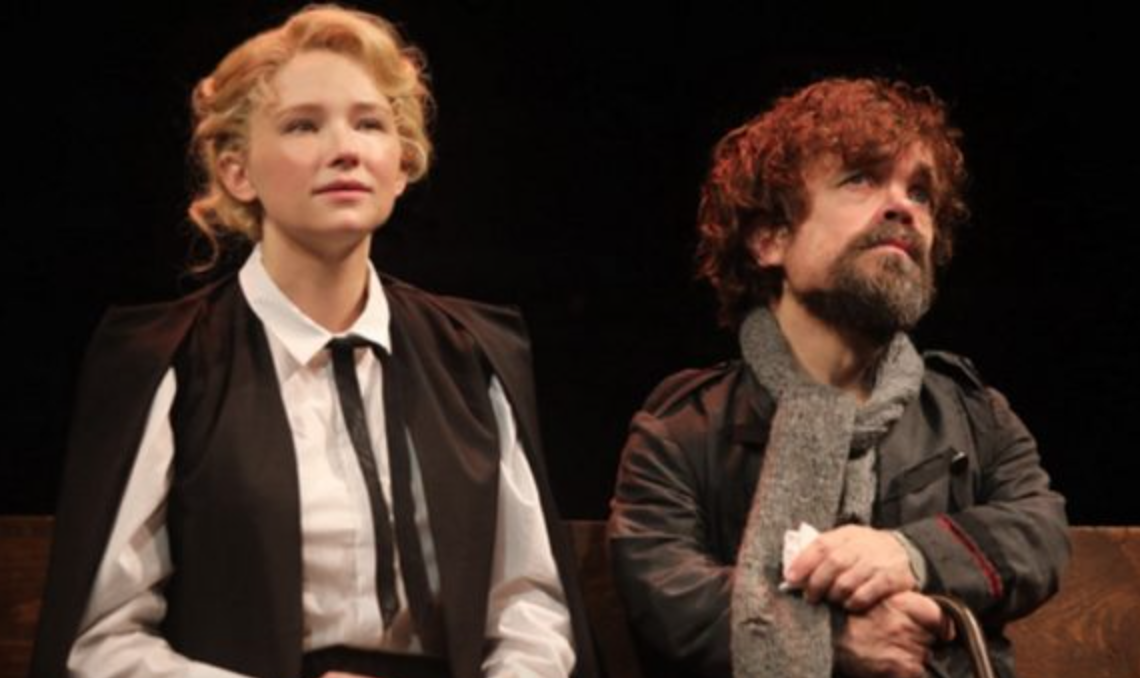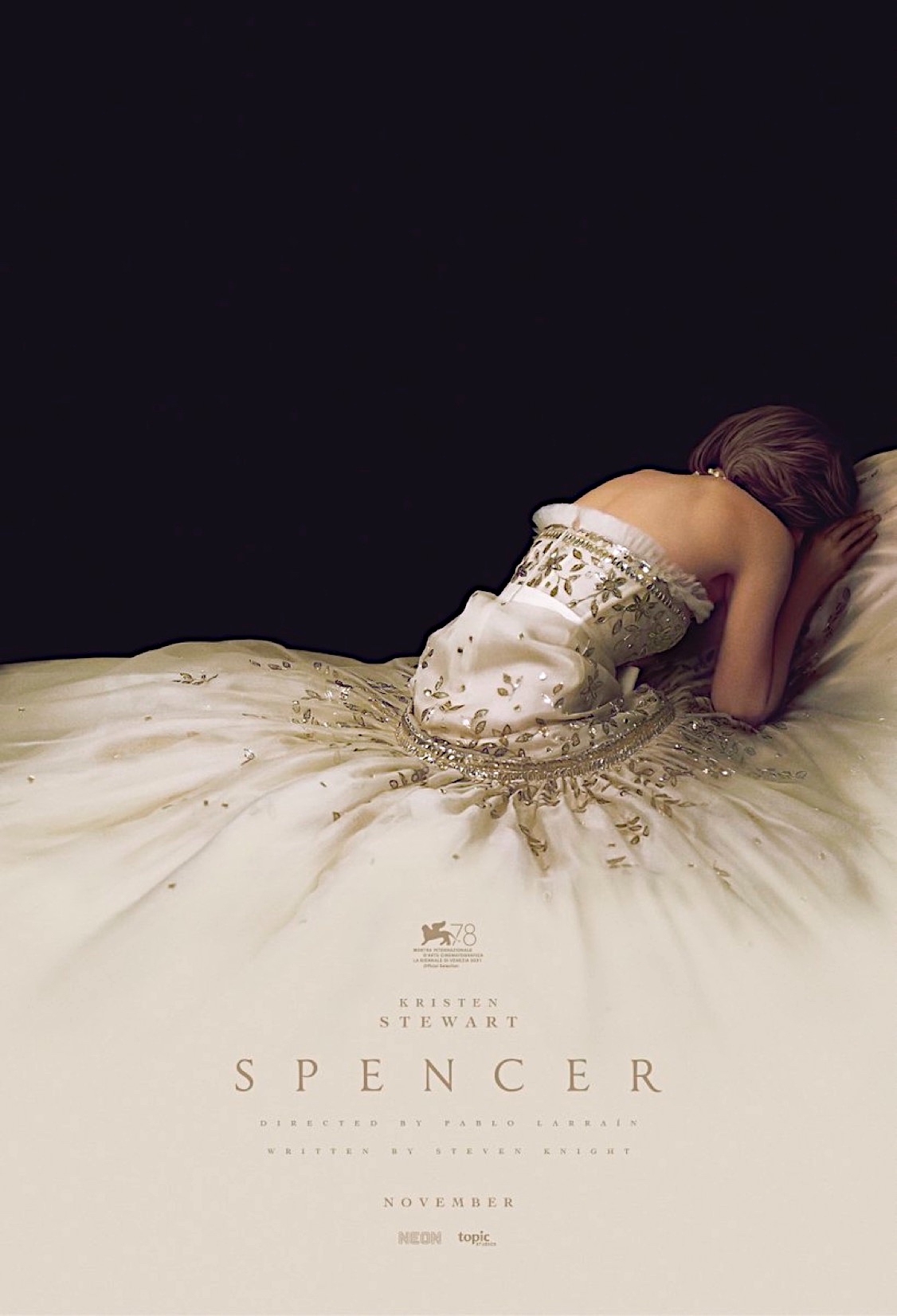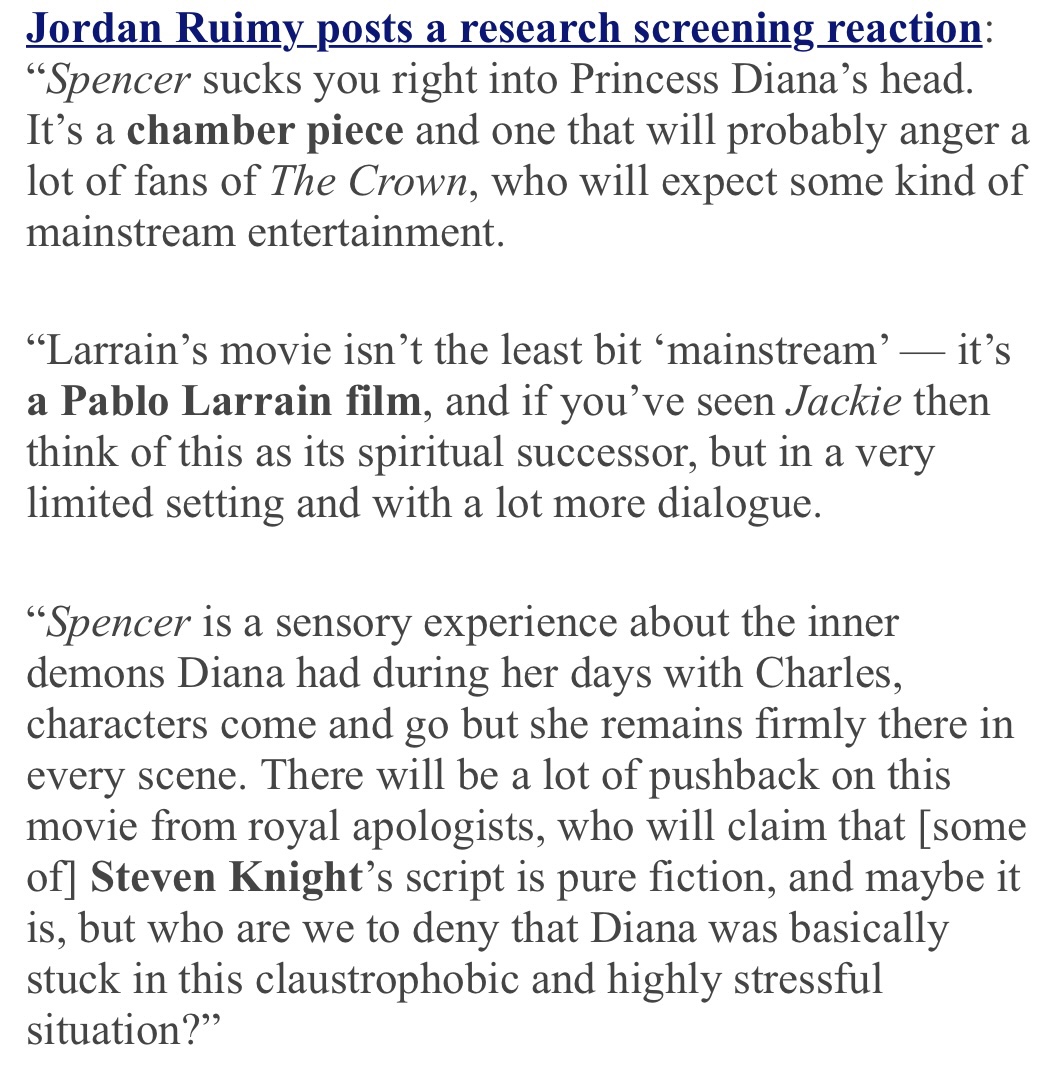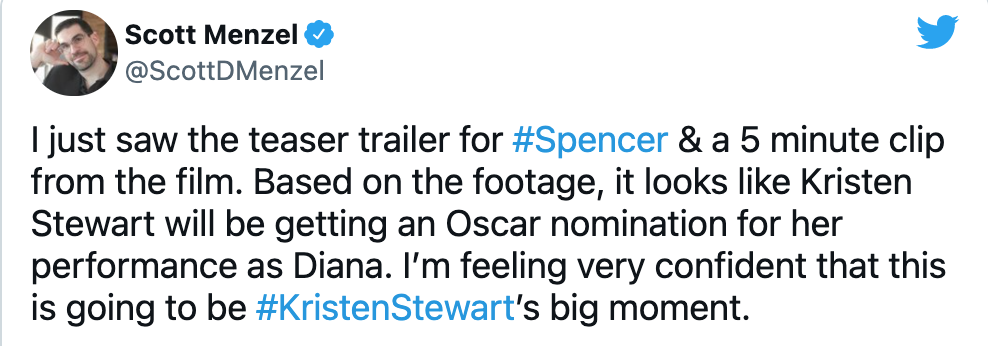Last night or early today critic Guy Lodge posted a dry little remark on Twitter, which is that he’s “scared to have an opinion on Ted Lasso so safest just to keep not watching it.”
What caught my attention had nothing to do with Ted Lasso but what Lodge was unintentionally alluding to. By casually confessing in a subdued offhand way that he was scared to post a potentially unpopular opinion, Lodge was acknowledging in a roundabout fashion that “scared” is a slight thing.
He wasn’t saying that he’s scared of the woke-terror mob or that this is something he contends with from time to time, but that it might be, heh-heh.
So yes, Guy was “joking”, but there’s nothing more revealing about human nature than a joke.
Jokes are never just about “hah-hah” — deep down they’re always about fear, poking exposed nerves, humiliation and rage. They’re about “uh-oh” or “I actually despise myself at times” or “this is rather terrifying” or “dear God, save me from the firing squad.”
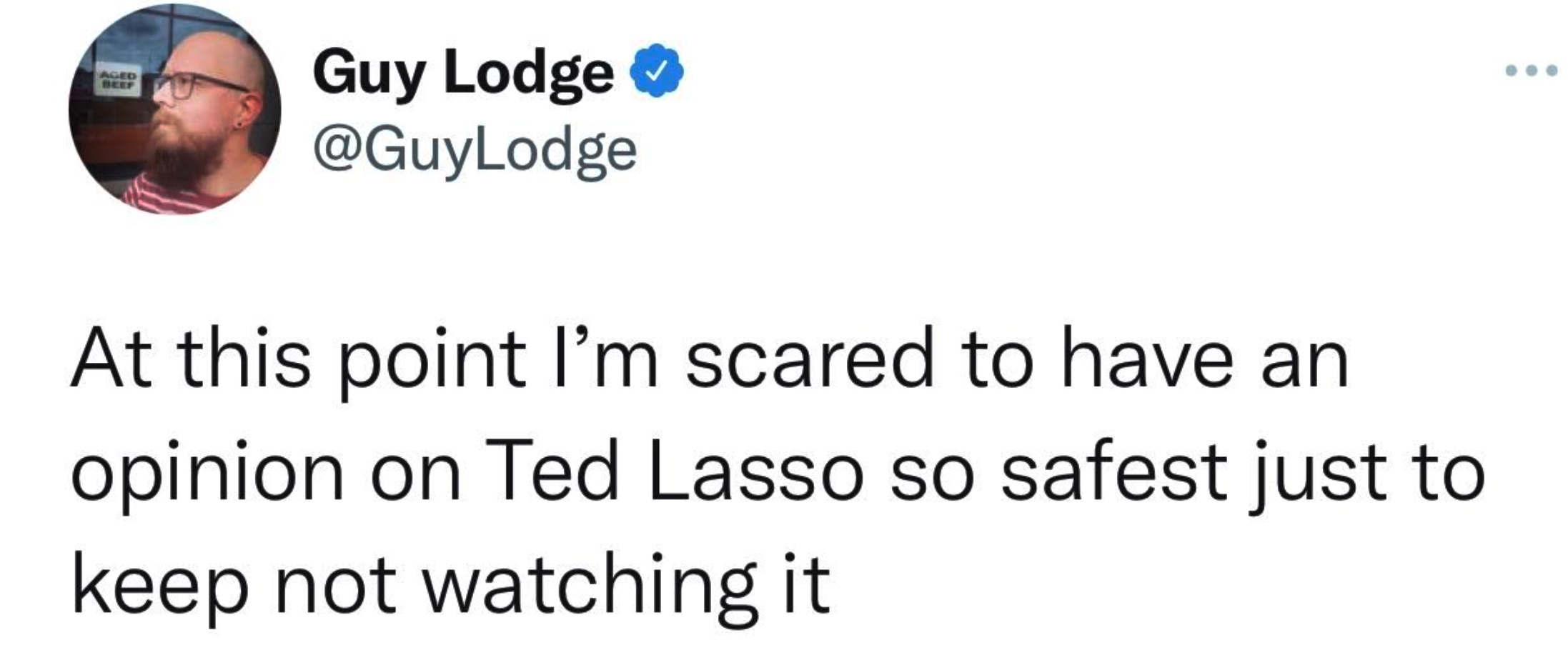
Being a serious critic and top-tier Variety stringer, Lodge would never admit that there are times when he’s afraid to post a dicey or nervy opinion. “Scared” is not a word that critics are allowed to have in their vocabulary or their psyche. But the fact that Lodge faintly chuckled about it tells you everything.
Critics are all about craft and personal cred — their writing skills, seasoned insights, industry knowledge and straight-from-the-shoulder judgments.
It follows that no serious critic will ever admit to being afraid to convey the “wrong” viewpoint, or to vaguely allude to something that they shouldn’t vaguely allude to. At the same time they all know what not to say, and they’re very, very careful not to trip any wires or step on any land mines.
The bottom line is that they’re all vaguely terrified these days of the woke comintern. Just look at what happened to poor Dennis Harvey — say the wrong thing or say it the wrong way, and your employer might throw you under the bus in order to curry favor with this or that big-name actress who was unhappy with a sentence or two.
Critics aren’t stupid. Every time they write a review it’s like walking on a tightwire and knowing full well that all it takes is one wrong phrase or one inelegant clause or parenthetical and they’ll soon be dodging sniper fire and even possibly be out of a job.
